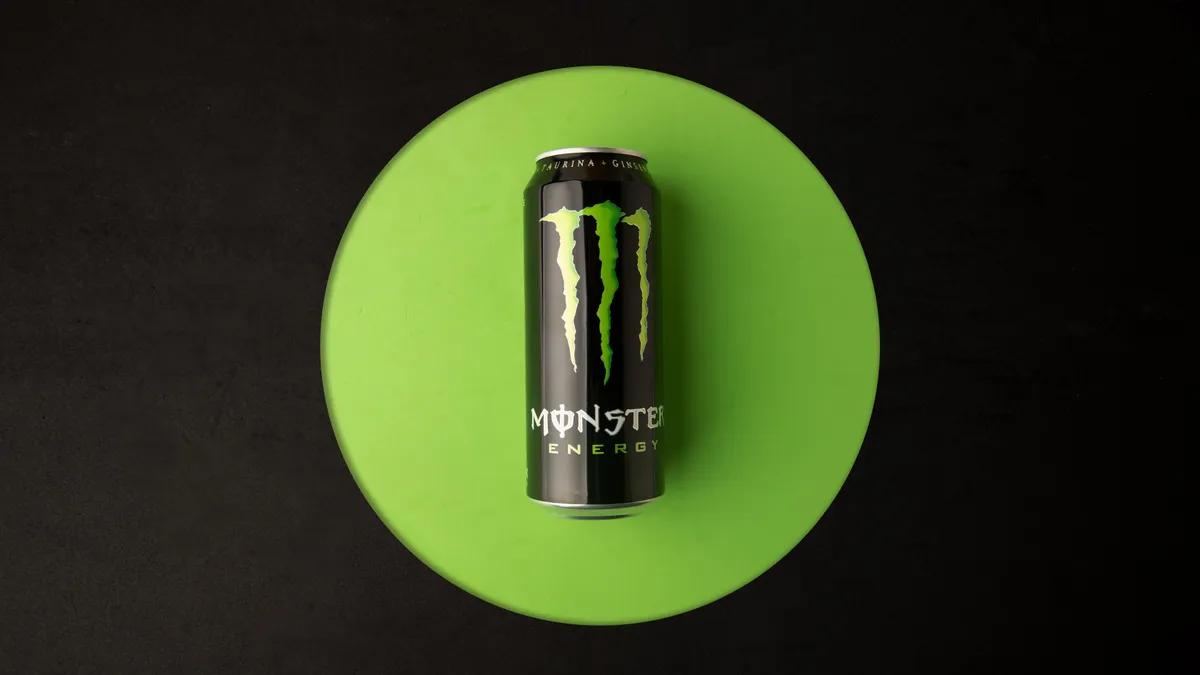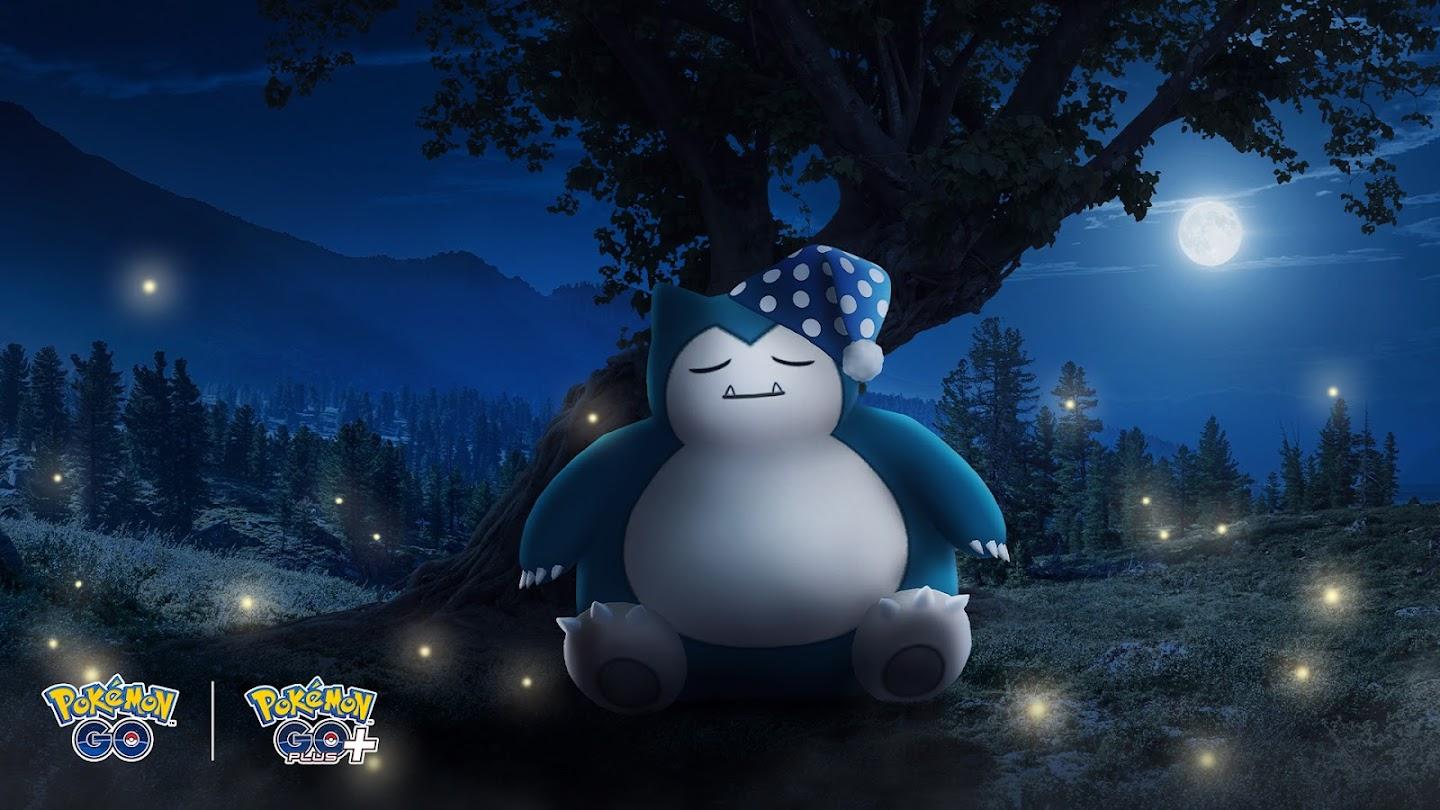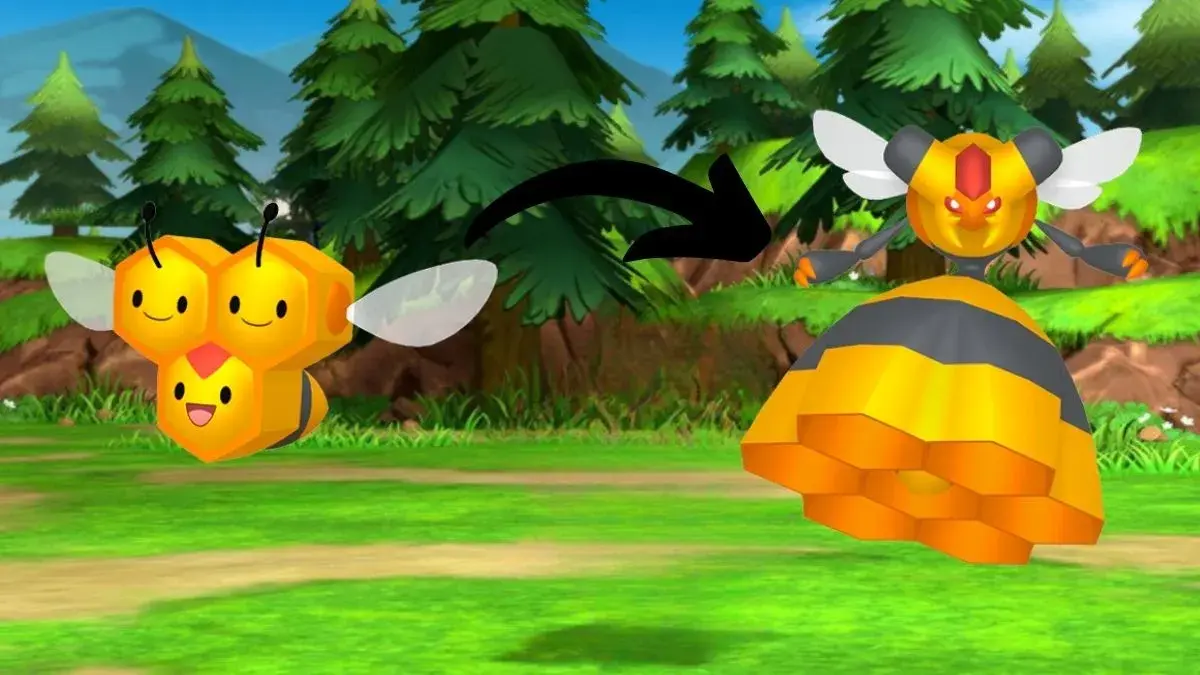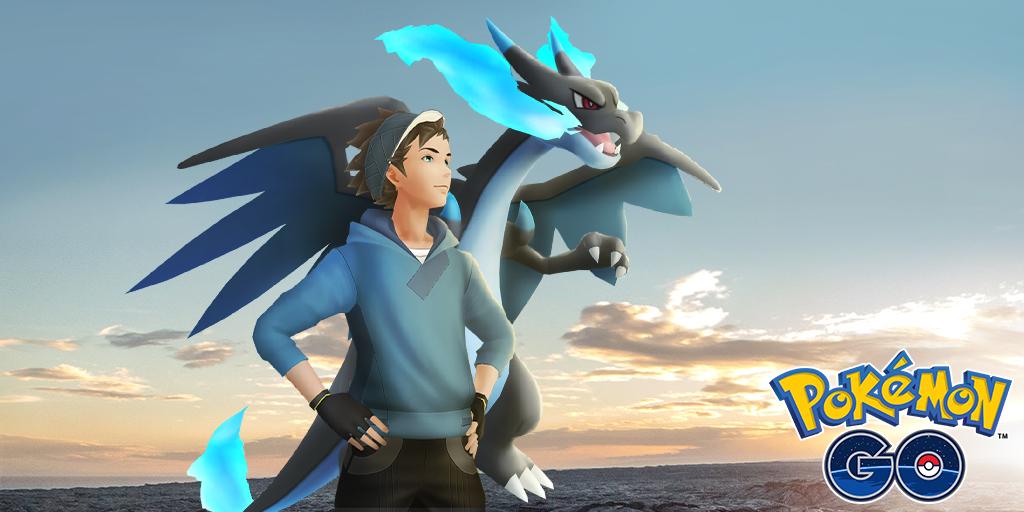
No game is safe from a Monster Energy lawsuit at this point
Monster Energy is on a mission to keep the word monster exclusively to itself. This time, the energy drink company is attempting to sue an indie game developer for using the word “monster” in its game title.
Glowstick Entertainment is under attack from Monster Energy over the title of its latest game, Dark Deception: Monsters & Mortals. Monster Energy has stated that the developer cannot use the word “monster” or even variations of the word, including “monstrous” and “monstrosity.”
Glowstick Entertainment took to Twitter to accuse Monster Energy of “ridiculous trademark trolling,” responding that “nobody owns the word ‘monster.'”
Within the fine print of the non-negotiable terms that were sent to the developer, nobody is allowed to trademark something with the word “monster,” “beast,” or “unleash.” Using the word “monster” alone is not allowed, nor is using any font or images that look similar to Monster Energy’s own.
The comments were all from gamers in agreement that Monster Energy can’t sue anyone for using the word “monster,” asking when it would even end. Some gamers noted that there are many other games with the word “monster” in the title.
But this actually isn’t the first time that Monster Energy has sued a company for using “monster,” so don’t give them any ideas.
Monster Energy on a rampage after Pokémon lawsuit
In Japan, Pokémon has the nickname Pocket Monster. Monster!? Not allowed, according to Monster Energy. Capcom was also sued by Monster Energy for its game Monster Hunter.
Both of these shocking lawsuits appear on a site called J-PlatPat, a Japanese site that contains a digital library of trademark-related filings. Just on this site alone, one reporter was able to find 130 trademark objections made by Monster Energy, including the ones against Pokémon and then Capcom for Monster Hunter.
While Monster Energy claimed that Monster Hunter and Pokémon X & Y’s use of the word was too close to the energy drink’s and “may cause confusion,” Japanese trademark lawyers stated that the two “differ in the number of constituent sounds and the sense of the tone of the words. It is easily discernible.” For this reason, the two are considered “dissimilar trademarks.”
The translation went on to roast Monster Energy by stating that there was “absolutely no reason to believe” that the games were similar to Monster Energy in any way. There was also “no evidence” that proved any harm was being done to Monster Energy, its trademark, or “public order.”
Whoever is on Monster Energy’s legal team is possibly too hyped up on energy drinks. Filing hundreds of frivolous trademark-related lawsuits is quite shocking, and it looks like the company is showing no signs of slowing down despite these lawsuits failing to lead to anything other than some scolding from lawmakers in the past.
Recommended

Pokemon Go Community Day leak hints at featured Pokemon
Who is the focus of the upcoming Pokemon Go Community Day? We have a few guesses.

How to evolve Combee into Vespiquen in Pokemon GO
Bee for real.

How to defeat Mega Charizard X in Pokemon GO
Mega Charizard X is back.







